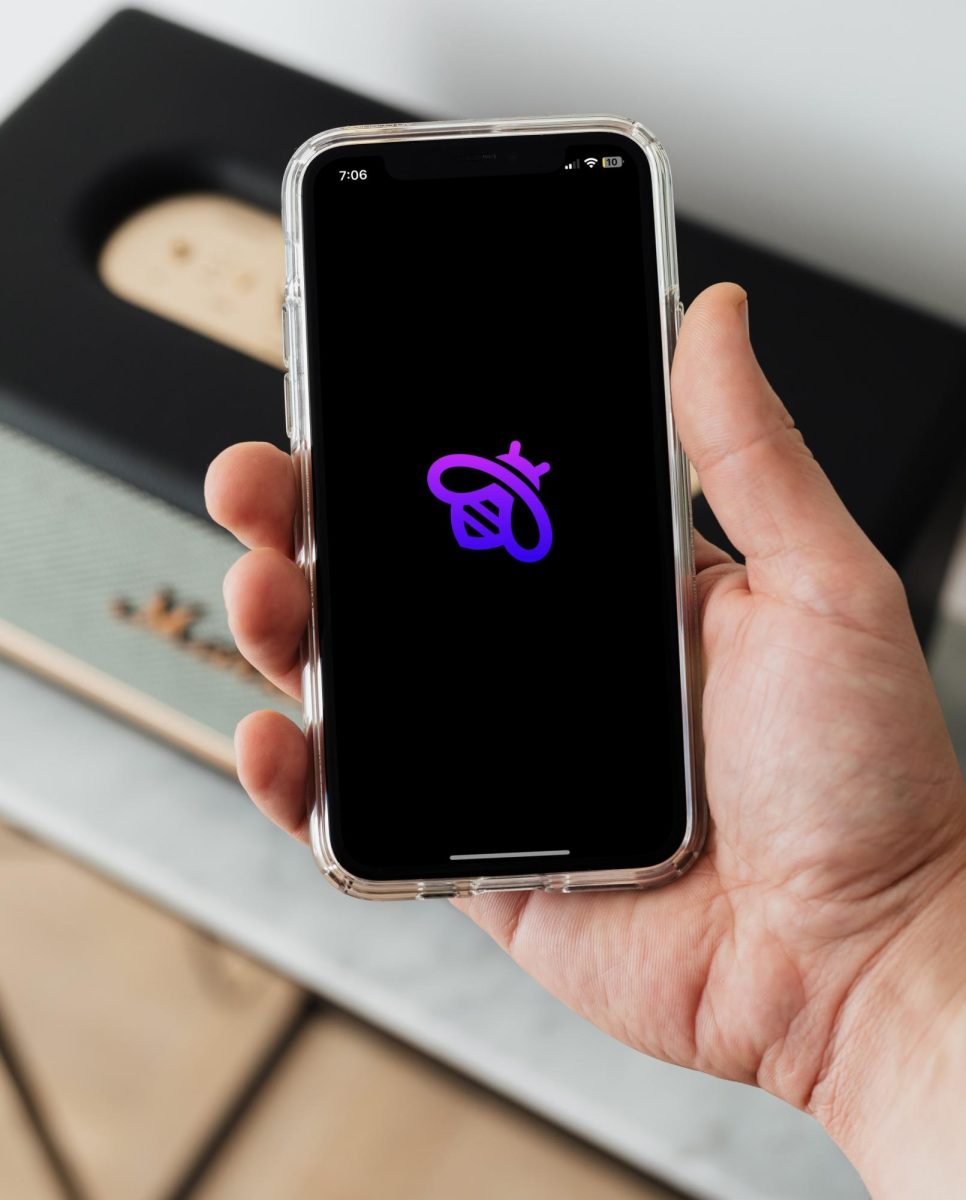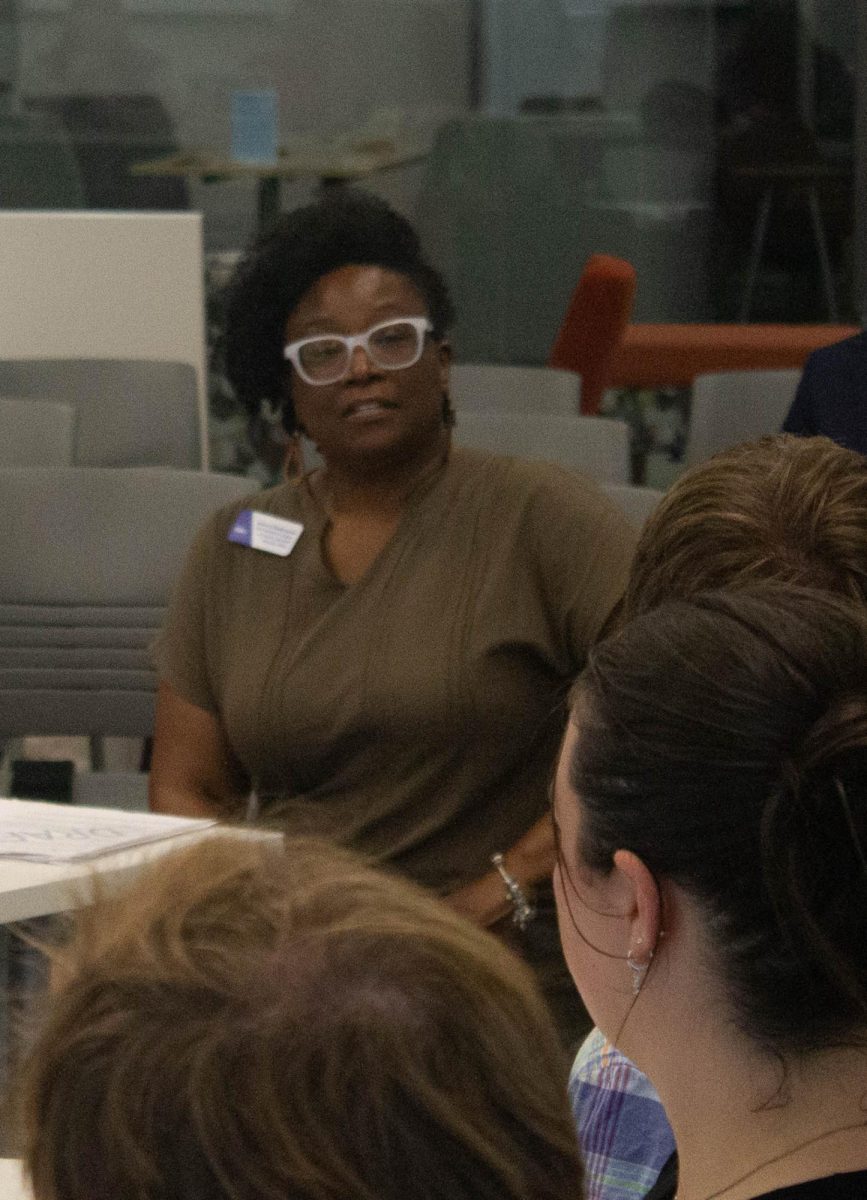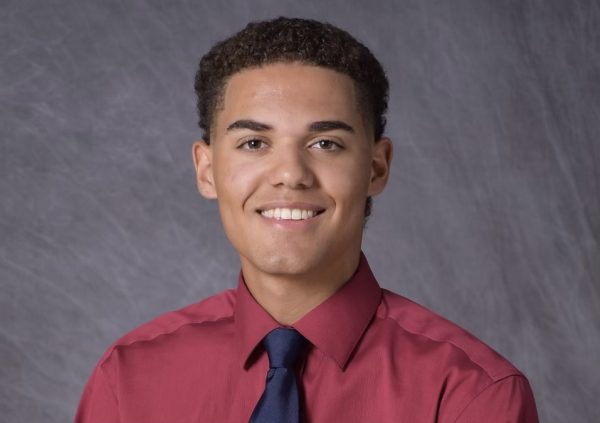A brand new, anonymous social media app called ‘Fizz’ is all the buzz on campus, sparking a modicum of intrigue and excitement.
While the app’s arrival came with promises of quick money marketing and opportunities for ambassador roles, it has also stirred a growing sense of apprehension among students and administration who worry that ‘Fizz’ may encourage harmful and abusive online behavior.
Fizz is a new anonymous social media platform started by two Stanford dropouts Teddy Solomon and Ashton Cofer. The app allows students to post texts, polls, memes, and photos, all under the cover of full anonymity. With a launch plan reminiscent of Mark Zuckerberg’s Facebook, Fizz is said to be only for college students, with plans to launch at numerous collegiate institutions across the country.
Last month, Fizz launched at Roger Williams, garnering the attention of hundreds of students who received a message through the popular texting app ‘Groupme.’ In this message from Fizz, students were asked to market the app’s launch across Roger Williams Campus using carts full of free donuts and bucket hats. At first, many students embraced Fizz, drawn by the allure of sharing unfiltered thoughts without a fear of judgment. Yet, the arrival of Fizz has raised questions about student safety and the app’s legitimacy.
On launch day, the app caught the attention of university administrators who told Fizz ambassadors to cease and desist, citing university policy on solicitation. Students assisting in the marketing efforts were shocked as many were told by Fizz Staff that the necessary permits had been obtained.
In an interview with Dr. John King, Vice President of Student Life at Roger Williams, the concerns regarding Fizz and its implications for university students were brought into focus.
“Fizz nor the students who they employed were aware of our non-solicitation policy,” said Dr. King, “they [Fizz] did not have permission to be on campus.”
One of the key concerns brought forth by administrators like Dr. King revolves around the app’s lack of potential for content moderation.
“I actually have sent a communication to a Fizz marketing director which has not been returned,” said King, “we had concerns regarding some of what we found to be offensive postings about staff members.”
While Fizz initially marketed their app as being a wholesome and inclusive environment for all, comments in the app’s review section on the app store paint a much darker picture.
One scathing review reads, “I don’t know who thought it was a good idea to create a platform for college students to bully others without being held accountable.” The harsh comments don’t stop there.
Another review states, “The posts are clearly fake and created by the moderators. These moderators don’t care about users at all, I told them that I was being harassed and they just banned me.”
Comparatively similar concerns about the seemingly fictitious nature of Fizz were brought forth by RWU students as well.
Joe Pistulli, a junior, offers some insight into reservations students have regarding Fizz. “I am all about freedom of speech, especially online. Fizz on paper is a really good idea and really grabs a community in a similar way to YikYak.”
Pistulli further explains his concerns regarding the authenticity of Fizz content, suggesting, “Some of the content online is clearly posted by millennials who act and try to be like Roger Students. If you follow Fizz on Instagram the only things they seem to target are either certain people on campus or departments as a whole.”
The reactions of both students and administrators concerning Fizz underscore broader questions about responsible use of technology and internet safety. Administrators like Dr. King argue that the very nature of anonymity that Fizz holds will stand to embolden users to harass and bully without fear of consequence. In the same way, students like Pistulli and others fear that the app lacks legitimacy, possibly leveraging hate driven information to appeal to college students. Even so, the university does not plan to inhibit students’ use of the app.
“We are not in the business of going after social media apps and trying to limit their interaction with our students,” emphasized Dr. King. “Students have to make their own decisions but should always ask, what are social media apps getting from my phone and where is that information going? We encourage students to always ask these questions in the digital age.”
If one thing has been made clear from the arrival of Fizz it’s that anonymous apps are still uncharted waters. As we bear witness to the unfolding narrative of Fizz, the RWU community is reminded of the critical questions that embody internet safety. We ask ourselves, where is our user data going? What are the motivations for such a platform? While these questions appear rhetorical, perhaps students must remain ultra vigilant to the dangers of anonymity and the ongoing maintenance required to preserve a healthy collegiate community.









